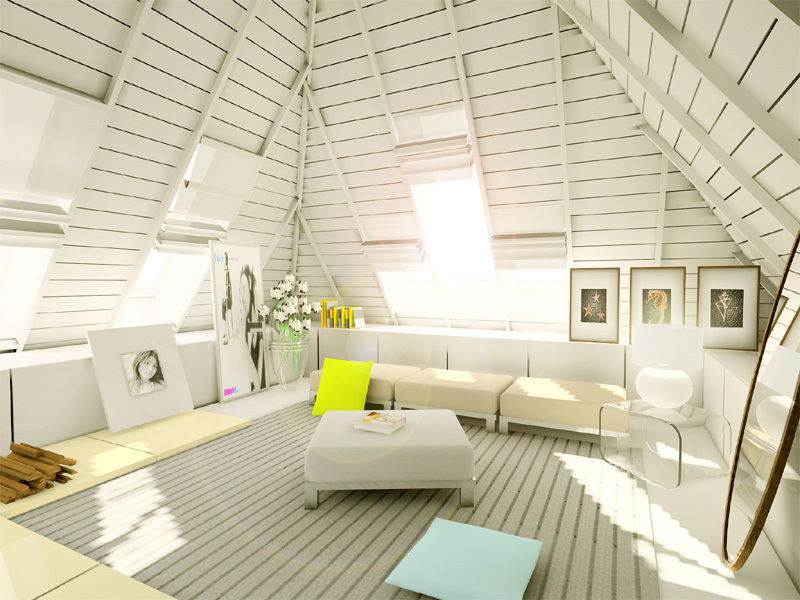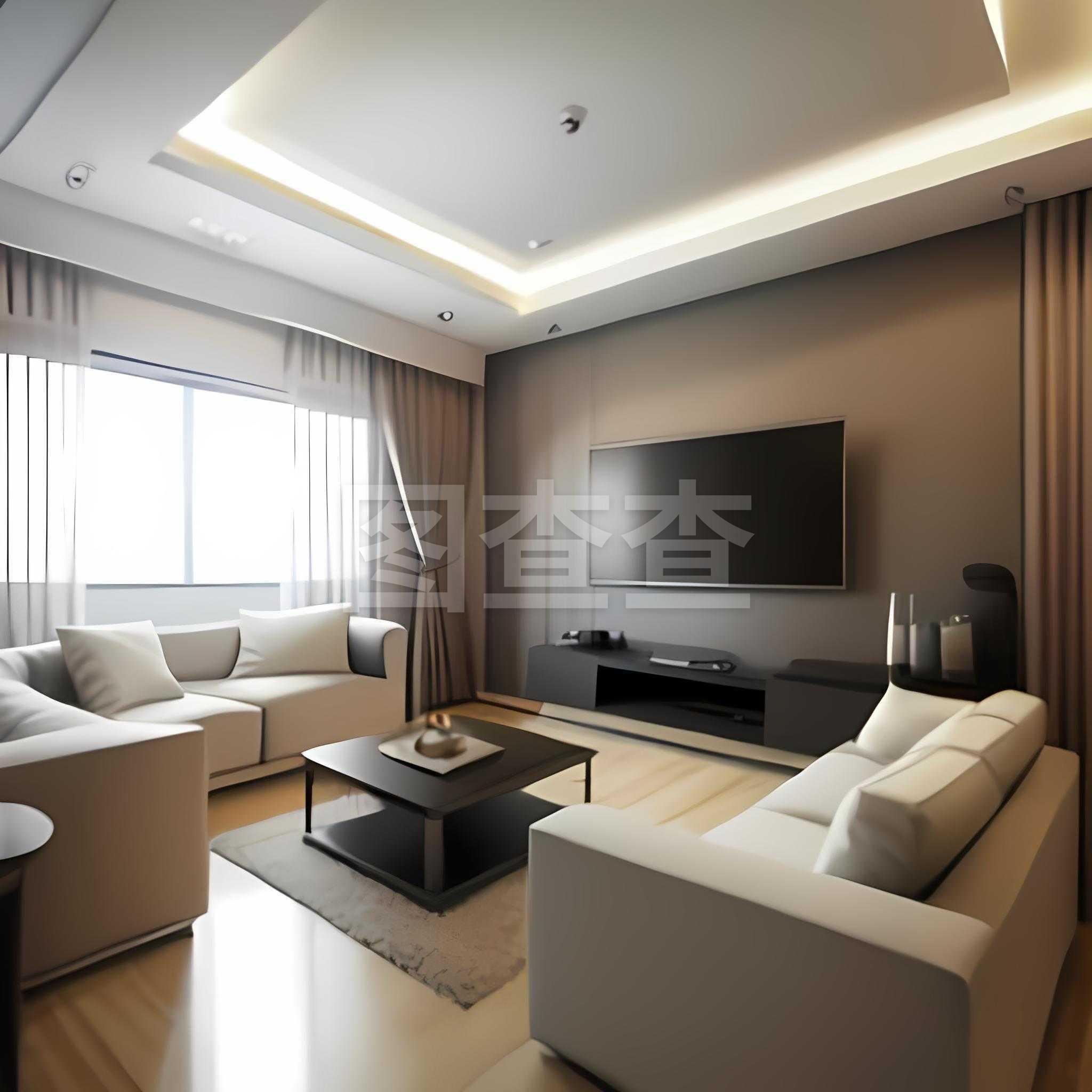Villa renovation for new construction villas
real estate, the concept of renovating newly constructed villas might seem counterintuitive at first glance. After all, why would someone want to make changes to a home that has just been built? The answer lies in the ever-evolving nature of modern living and the desire for personalized spaces that reflect individual tastes and lifestyles. This article explores the various aspects of villa renovation for new construction villas, highlighting its benefits and key considerations.
1. Customization and Personalization
One of the primary reasons homeowners opt for renovations in newly constructed villas is to tailor the space to their specific needs and preferences. W hile builders often provide standard designs, these may not always align with the unique requirements of each family. Renovations allow homeowners to customize elements such as room layouts, finishes, and functional features. For instance, converting a spare bedroom into a home office or adding a dedicated entertainment area can significantly enhance the usability and comfort of the villa.
2. Technological Integration
The rapid advancement of technology has transformed the way we live, work, and entertain ourselves. New construction villas, while equipped with modern amenities, may still benefit from additional technological upgrades. Home automation systems, smart lighting, advanced security features, and energy-efficient appliances are some examples of technologies that can be integrated during the renovation process. These enhancements not only imp rove convenience and safety but also contribute to a more sustainable lifestyle.
3. Aesthetic Upgrades
Upgrades
Aesthetics play a crucial role in creating a welcoming and visually appealing home environment. Renovations offer an opportunity to update interior des ign elements such as flooring, wall colors, and cabinetry. Additionally, incorporating natural materials like wood, stone, and glass can add warmth and elegance to the villa. Landscape design is another important aspect to consider, as it can transform the outdoor areas into serene and inviting spaces.
4. Structural Improvements
While major structural changes are less common, there are instances where homeowners may wish to modify the layout of their villa. This could involve expanding rooms, reconfiguring floor plans, or even adding new structures like a pool or a pergola. Such improvements require careful planning and professional expertise to ensure that the integrity and safety of the building are maintained.
5. Sustainability and Energy Efficiency
With growing awareness of environmental issues, many homeowners are prioritizing sustainability in their renovation projects. This includes installing solar panels, improving insulation, and using eco-friendly building materials. These measures not only reduce the carbon footprint of the villa but also lead to long-term cost savings on utility bills.
6. Professional Guidance
Guidance
Renovating a newly constructed villa is a significant undertaking that requires a well-thought-out plan and expert execution. Engaging the services of architects, interior designers, and contractors who specialize in luxury residential projects can help ensure that the renovation meets both aesthetic and functional goals. Regular c ommunication and clear project management are essential to avoid delays and budget overruns.
Conclusion
Renovating a newly constructed villa is a powerful way to create a home that truly reflects the homeowner's vision and enhances their quality of life. By focusing on customization, technological integration, aesthetic upgrades, structural improvements, and sustainability, homeowners can transform their villas into modern, functional, and beautiful living spaces. With the right approach and professional guidance, the renovation process can be a rewarding journey that results in a home that stands the test of time.
